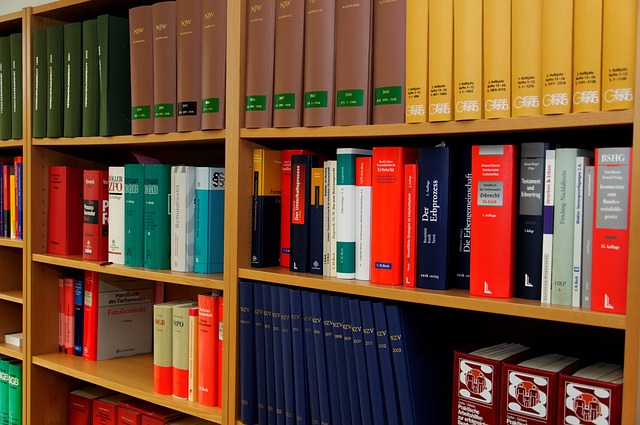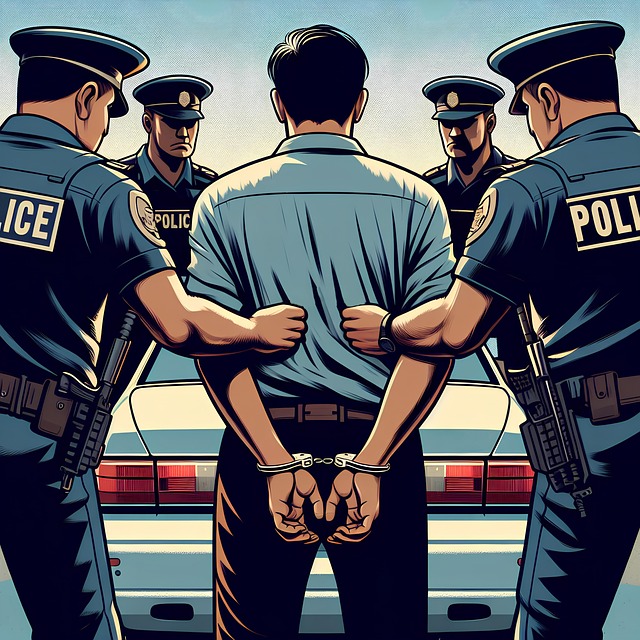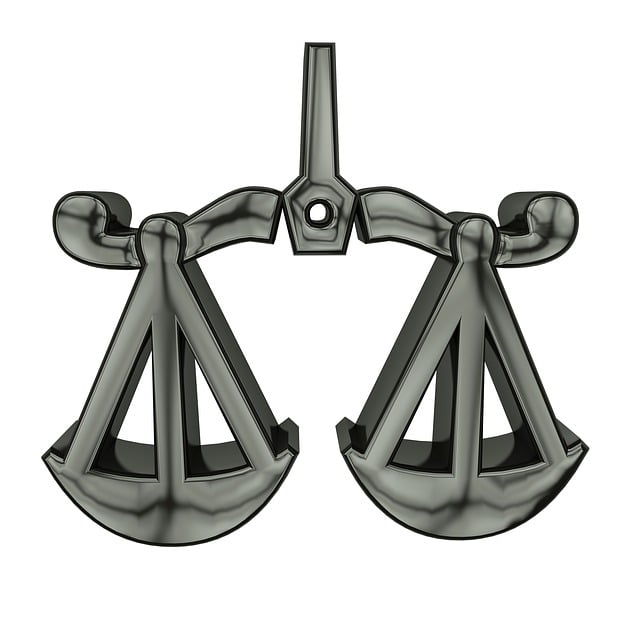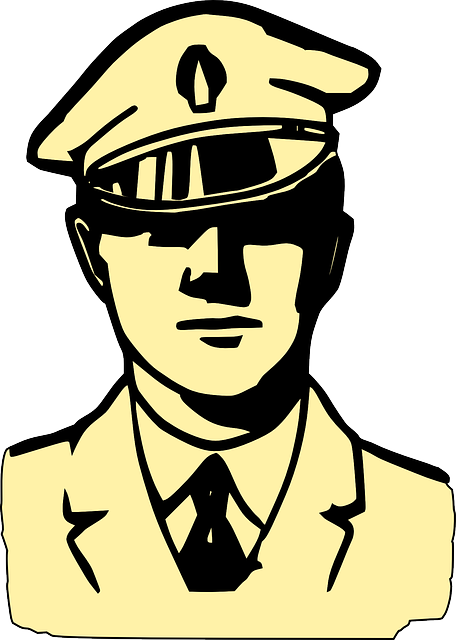Environmental Crime Trials are legal processes that prosecute individuals or entities damaging the environment, requiring specialized knowledge and evidence. Understanding these trials is crucial for victims considering a Personal Injury Claim Without a Lawyer, as they can have significant impacts on both accused parties and the environment, setting important precedents. While DIY claims are possible, gathering evidence and navigating regulations present challenges, emphasizing the importance of knowledge and persistence. These trials, with their complex environmental laws, ensure accountability for polluters and hazardous situations, protecting public health and ecosystems through successful jury trials and substantial fines. Notable cases demonstrate the deterrence effect and the delivery of justice to affected communities.
Environmental Crime Trials: Holding Polluters Accountable
In an era where environmental degradation poses significant threats to public health, understanding the legal mechanisms to combat these crimes is crucial. This article explores environmental crime trials from a legal perspective, delving into their impact on communities and individual rights. We examine personal injury claims, highlighting the rights of victims to seek compensation without a lawyer. Additionally, we navigate the complex web of environmental regulations and enforcement, offering case studies showcasing successful trial outcomes.
- Understanding Environmental Crime Trials: A Legal Perspective
- The Impact of Environmental Pollution on Public Health
- Personal Injury Claims: Rights and Entitlements for Victims
- Navigating Environmental Law: Regulations and Enforcement Mechanisms
- Case Studies: Successful Environmental Crime Trial Outcomes
Understanding Environmental Crime Trials: A Legal Perspective

Environmental Crime Trials, a unique subset within the legal landscape, involve prosecuting individuals or entities responsible for damaging the environment. These cases are complex, often requiring extensive scientific evidence and specialized knowledge to navigate. From pollution and deforestation to habitat destruction, these trials aim to hold perpetrators accountable and deter future offenses. Understanding this process is crucial, especially as it relates to the rights of victims who may seek a personal injury claim without a lawyer.
The journey begins with all stages of the investigative and enforcement process, where agencies like the Environmental Protection Agency (EPA) play a pivotal role. They gather evidence, conduct inspections, and issue citations. Once charges are filed, the case proceeds to trial, pitting environmental advocates against legal representatives who may offer a general criminal defense strategy. The outcome can have significant implications for both the accused and the environment, setting precedents that shape future cases.
The Impact of Environmental Pollution on Public Health

Environmental pollution has far-reaching consequences for public health, often going unnoticed until it becomes a crisis. The exposure to toxic substances in air, water, and soil can lead to various health issues, ranging from respiratory diseases to cancer. Communities living near industrial areas or facing water contamination are particularly vulnerable. These environmental hazards don’t just affect individuals; they have a community-wide impact, exacerbating existing health inequalities.
The consequences of such pollution can be devastating, leading to increased medical expenses and reduced quality of life for those affected. Many victims may consider a personal injury claim without a lawyer to seek compensation for their suffering. In the face of corporate responsibility, an unprecedented track record of environmental crime trials has emerged, holding businesses accountable for their actions and ensuring justice for both corporate and individual clients.
Personal Injury Claims: Rights and Entitlements for Victims

In the context of environmental crime trials, understanding personal injury claims is crucial for victims seeking justice and compensation. When individuals suffer injuries due to environmental pollutants or hazardous situations caused by criminal activities, they have rights and entitlements under the law. A Personal Injury Claim Without a Lawyer is feasible, allowing victims to pursue legal action independently. This process involves gathering evidence, documenting losses, and navigating regulatory bodies to ensure they receive fair compensation for their suffering.
Victims may face complex challenges, but with persistence and a solid understanding of their rights, they can achieve extraordinary results. By familiarizing themselves with all stages of the investigative and enforcement process, individuals can better protect their interests. It is empowering to know that for his clients, successful outcomes are not just possible but achievable, especially when advocating for one’s rights in environmental crime cases.
Navigating Environmental Law: Regulations and Enforcement Mechanisms

Navigating Environmental Law involves understanding a complex web of regulations designed to protect our planet. These rules span various sectors, from pollution control to wildlife conservation, each with its own set of enforcement mechanisms. Government agencies play a crucial role in monitoring compliance and investigating violations, which can range from industrial discharge to illegal deforestation. Fines, permits, and injunctions are among the tools used to deter environmental crimes, but when these measures fall short, civil and criminal jury trials become essential components of justice.
White collar and economic crimes, often committed by businesses or individuals in positions of power, demand sophisticated white collar defense strategies. These cases can be complex, requiring legal experts to interpret ambiguous laws and defend against charges. For those considering a personal injury claim without a lawyer, environmental crime trials offer a unique landscape where understanding the regulatory framework is vital for navigating potential legal challenges and seeking redress for ecological harm.
Case Studies: Successful Environmental Crime Trial Outcomes

Environmental crime trials have seen some notable victories for justice, with several case studies demonstrating successful outcomes. One such example is the prosecution of a company for pollution and environmental degradation resulting in significant fines and a substantial personal injury claim without a lawyer. The case highlighted the effectiveness of investigative journalism in uncovering corporate malfeasance, leading to a winning challenging defense verdict.
These trials often navigate complex legal landscapes, including white-collar and economic crimes. By meticulously constructing evidence across all stages of the investigative and enforcement process, prosecutors can secure compelling results. This includes not only successful prosecutions but also setting precedents that deter future environmental violations. Such victories underscore the importance of holding perpetrators accountable for their actions, ensuring environmental protection, and providing justice to affected communities.
Environmental crime trials play a pivotal role in holding perpetrators accountable for ecological damages, ensuring justice for affected communities, and strengthening environmental protection. By examining legal perspectives, understanding public health impacts, exploring rights for victims of pollution, navigating regulatory frameworks, and studying successful case outcomes, we gain insights into the power of these trials to drive change. Furthermore, recognizing that individuals can pursue personal injury claims without a lawyer empowers those harmed by environmental crimes to seek redress and contribute to collective action for a sustainable future.






